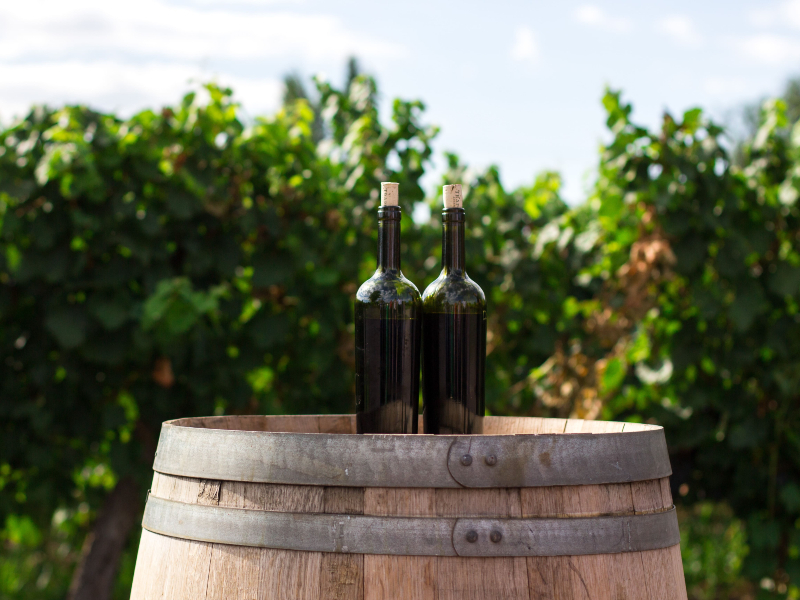On September 21, Mendoza hosted the Sustenta-Vitis Forum, the first conference on sustainability in the Argentine wine industry organized by Wines Of Argentina. It involved 230 people from across the industry and was the ideal framework for international experts to express their views on the work being done on sustainability in the country.
The 2023 Sustenta-Vitis Forum
The Sustenta-Vitis forum explored issues such as sustainability at a global level, business missions as a market differentiator and the new role of companies, sustainable finances, and some key issues in the sector: agri-ecology, optimal fertilization methods in organic viticulture, and disease control, among others.
Every section of the Sustenta-Vitis forum was led by local and international experts such as Jean-Philippe Roby; Tom Owtram; Pedro Tarak and Cecilia Acuña.
Glocal concerns

Tom Owtram is the co-founder and General Manager of the Sustainable Wine Roundtable (SWR). The Sustenta-Vitis forum gave him a chance to see the work of his partners and visit establishments in Mendoza, Patagonia and Salta. Owtram believes without a doubt that one of the key issues related to sustainability in Argentina is water. “It’s becoming a big challenge due to climate change, putting pressure on the wine industry and other agricultural sectors. But there are different ways to address the problem, and it’s been fantastic to see many of the leading producers implement these measures.”
Regarding the global outlook, which also affects the local scene, one of the keys is the weight of the bottles and the reduction of carbon footprints. “At SWR we’re trying to address it, putting in place an agreement to get to 420 grams by the end of 2026.” He also added that there is a need for a global framework for sustainability and greater alignment between existing standards.
A focus on the vineyard
Jean Philippe Roby, Director of the IVES (Internacional Viticulture and Enology Society) journal, said that in Argentina “there’s no reason to replicate or repeat what has happened elsewhere. One must take into account the environment and understand nature: Mendoza is different from Bordeaux and Burgundy and considering the characteristics of the terroir, with a dry climate, poor soils and scarce water. Here (in Mendoza) it’s a paradise in terms of diseases because it’s easy to control them in this climate.
The number one factor in Mendoza is water. You have to envisage a production system reducing water use and taking every possible measure to maintain the natural water in the soils, because water isn’t something that can be duplicated. Consumption must be reduced and we have many different ways in which to do it: reducing foliage (density, foliage height, drought-resistant grafts, ground cover in winter and spring). Irrigation ponds shouldn’t be used because you’re bringing water from a well up into the open air where it can evaporate; it should stay in the ground,” he argued.
The expert has been to the country several times and his impression of the vineyards, especially in Mendoza, is “An oasis in the middle of the desert, the result of many years’ work by men and women. I think that the path to agri-ecology is the path of winegrowers in Argentina.”
Finally, he emphasized the importance of teamwork in introducing successful sustainability initiatives and the need for a global consensus.
Economic sustainability

Cecilia Acuña, the coordinator of the Sustainable Finances Protocol of Argentina, is from Argentina but has experience at the International Development Bank and financial institutions that have given her a global vision of the industry. At Sustenta-Vitis, she noted that concepts such as economic sustainability and profitability go together. “I think that all the companies have changed or are evolving toward the incorporation of environmental and social practices into their financial strategy. Sustainability needs to be applied throughout the company. They have to be profitable, but they must also take care of the environment and be socially responsible.” Sustainability, which Acuña sees as a business in itself, should be applied from the field to the shopping aisle.
As regards financing, she mentioned three major sources: “It can come from banks and the financial system; the capital market and the lines channeled through governments and multilateral credit organizations or NGOs who offer financing for these kinds of projects.”



